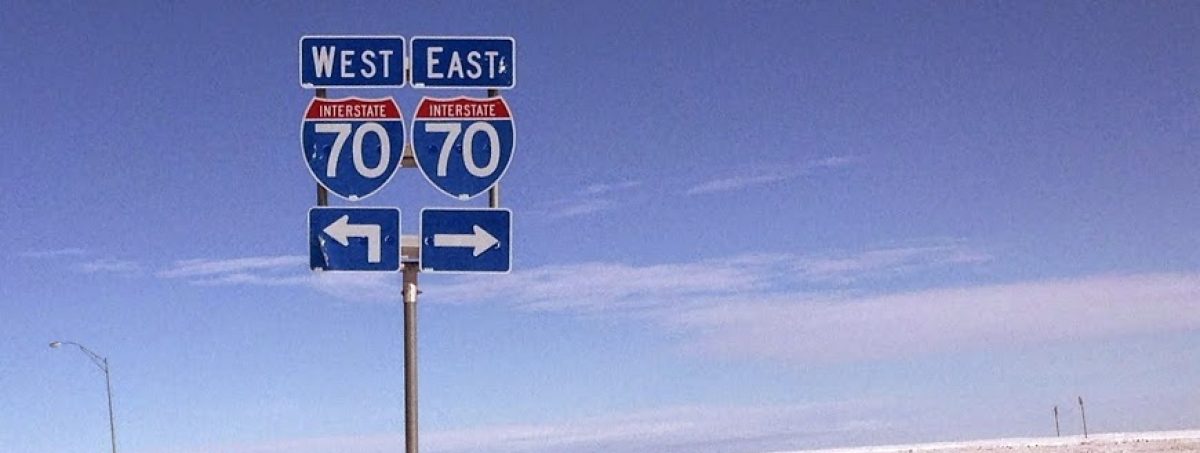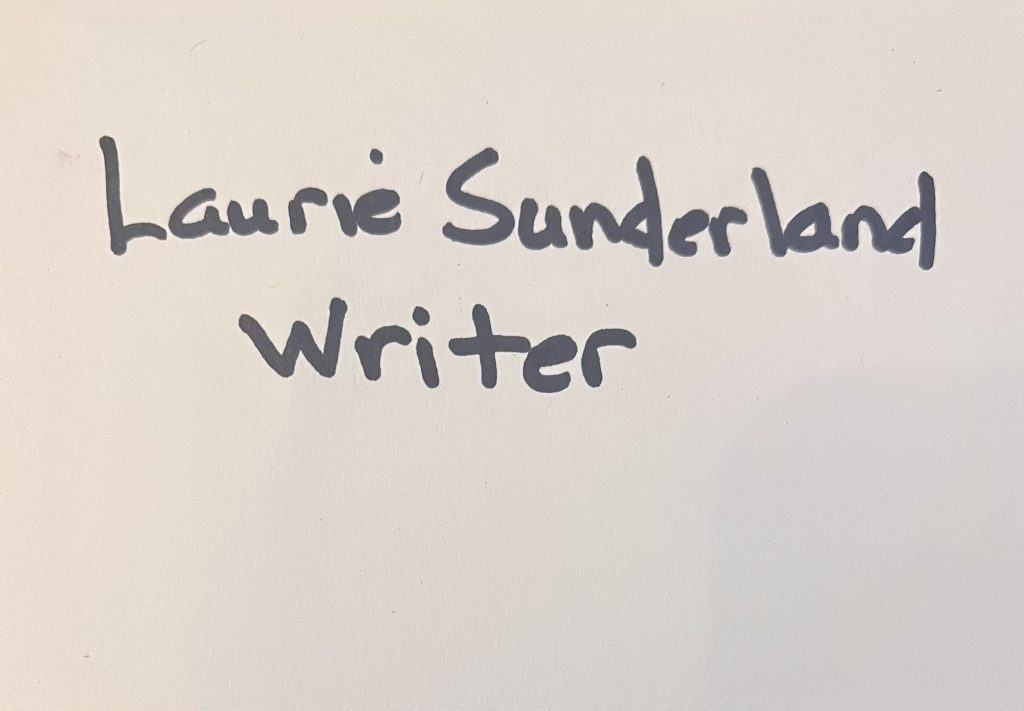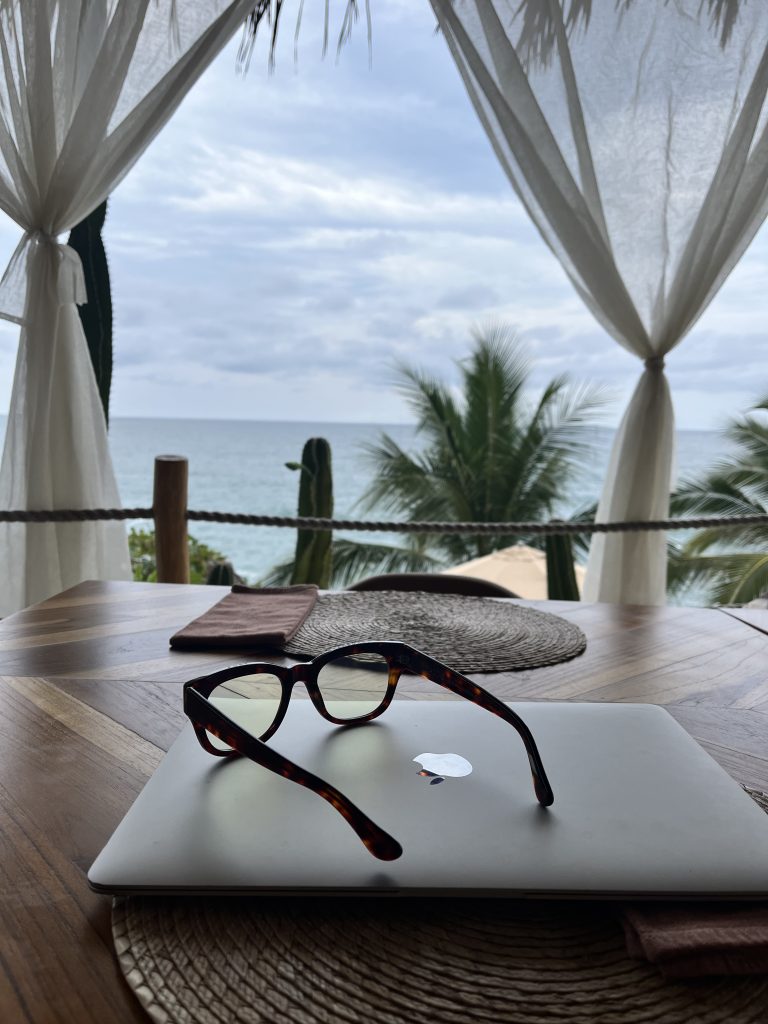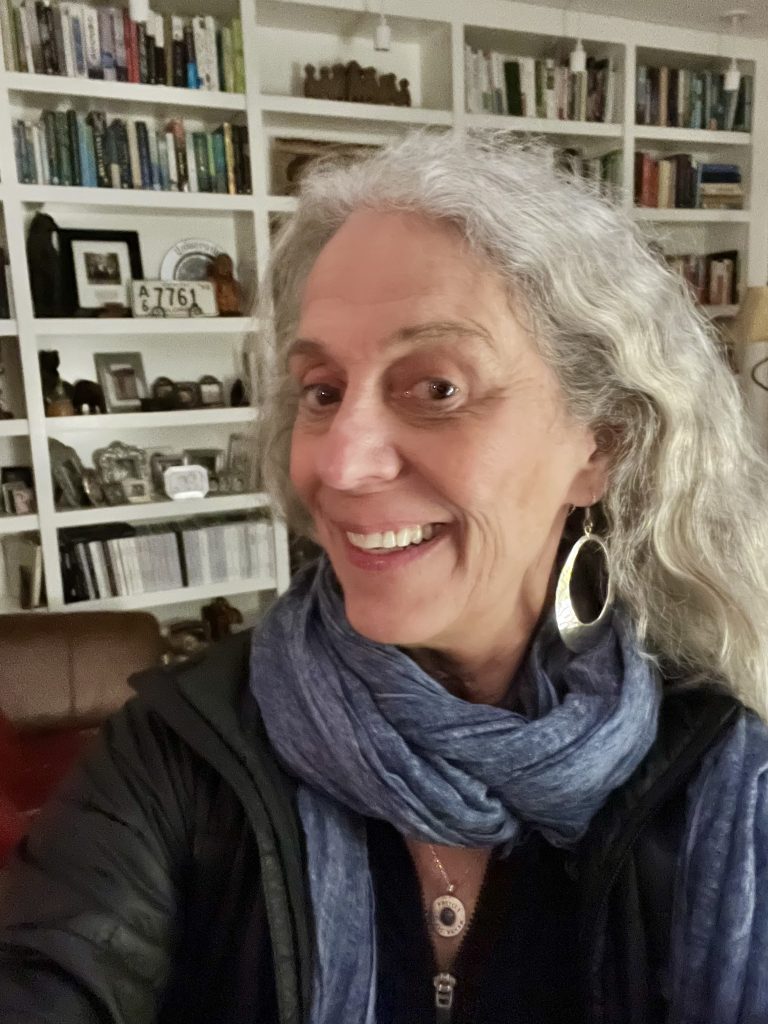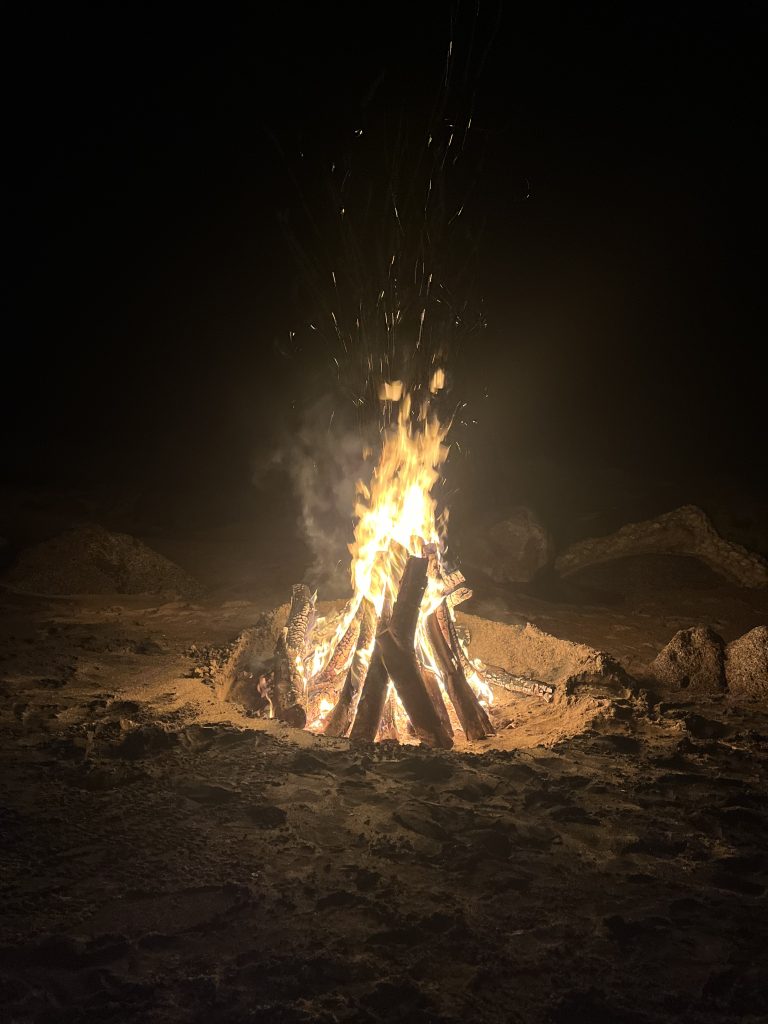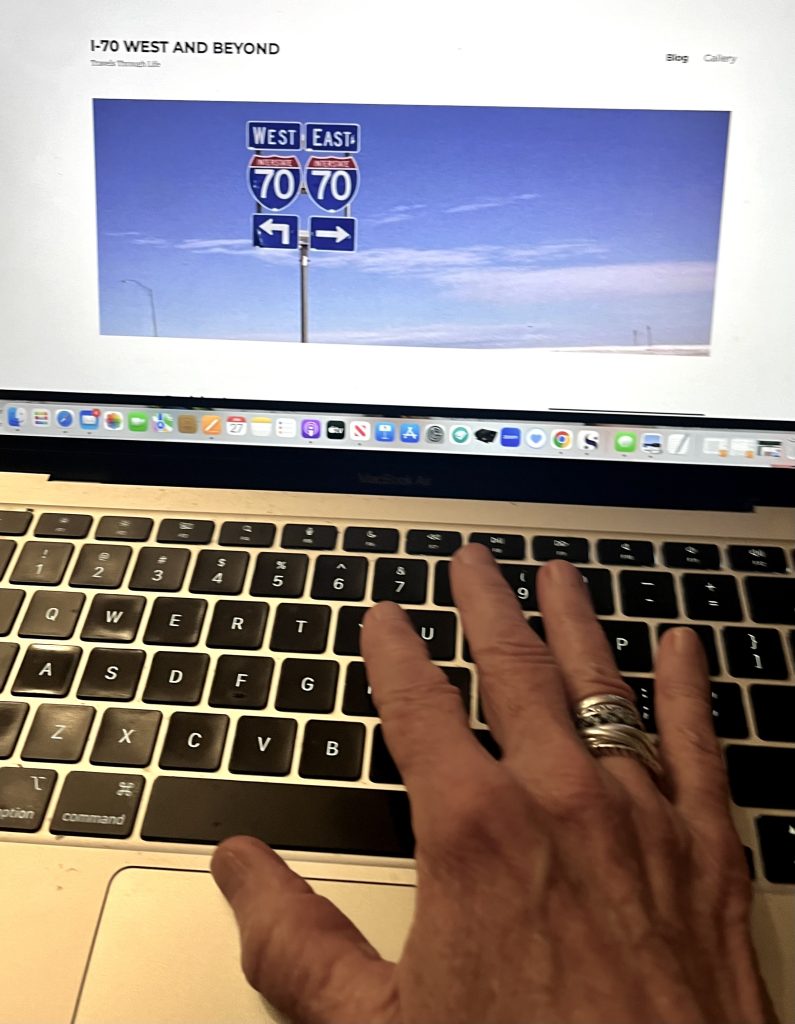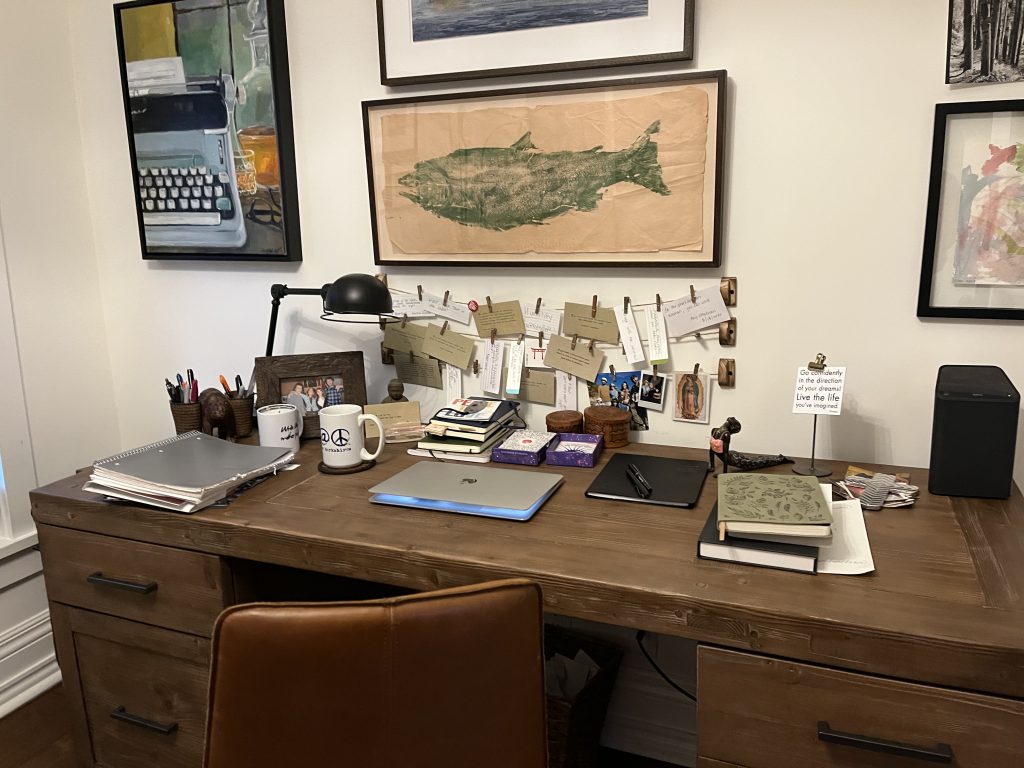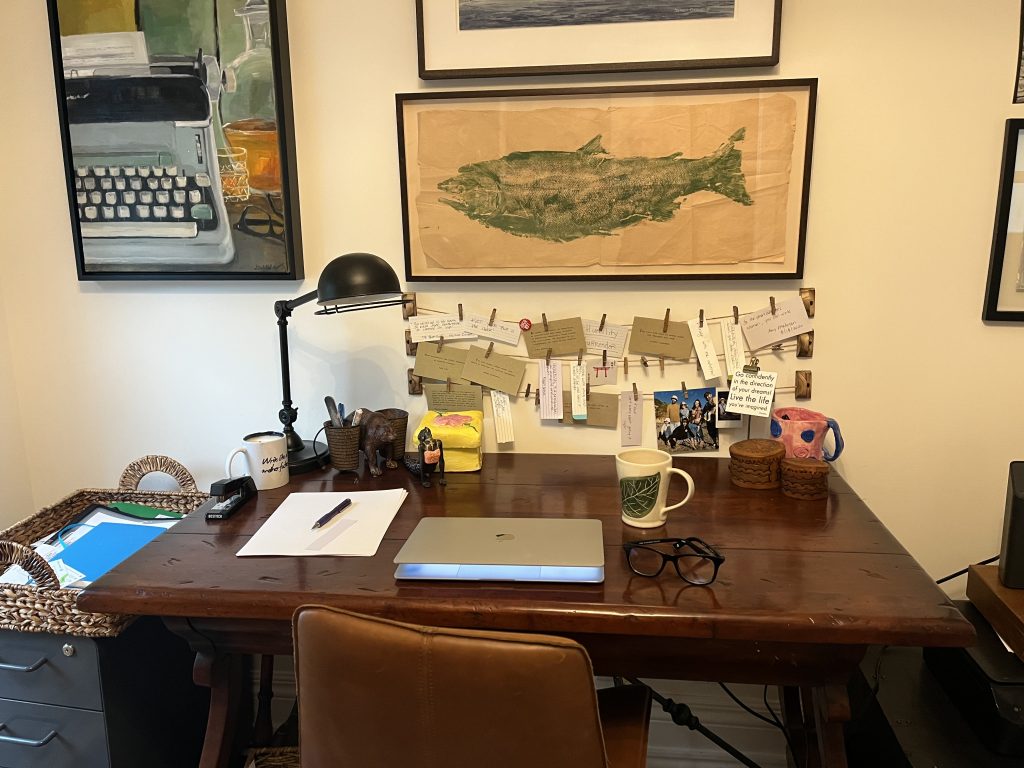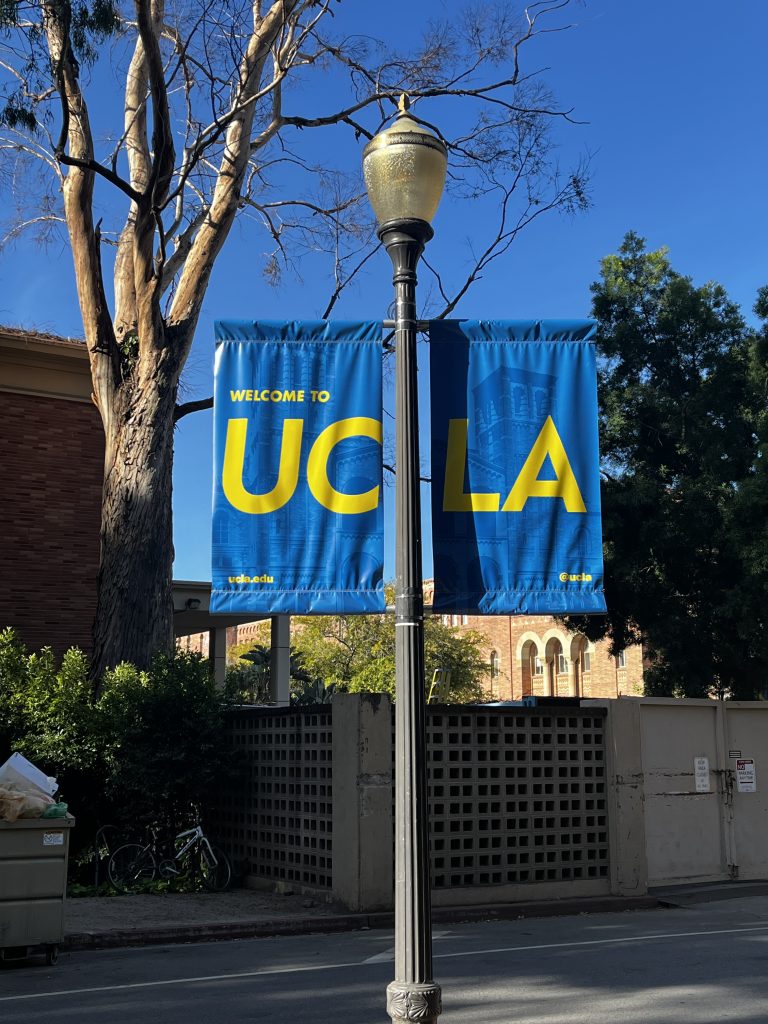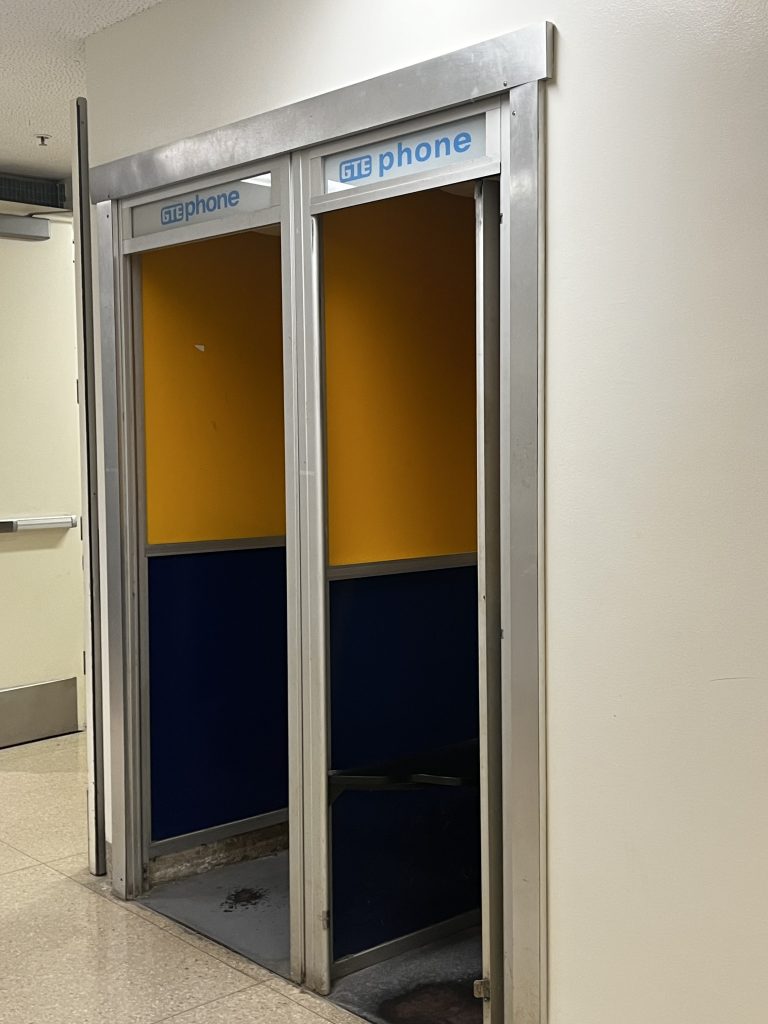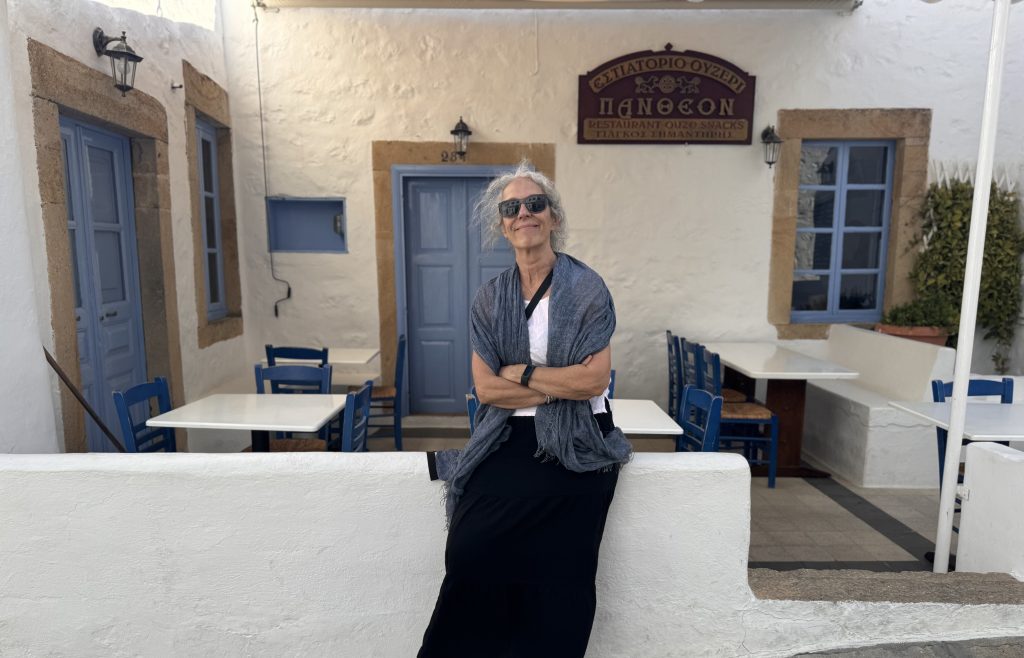
I wrote my words describing my ten days at a writing retreat on the Greek Island of Patmos, with teachers, Cheryl Strayed, Rachael DeWoskin, Brian Lindstrom and Zayd Ayers Dohrn on my eleven hour flight home. I was pleased with my piece and believed I captured the spirit and emotions in my words. This isn’t that piece. I wrote the words in my head with Chopin playing through headphones, while I laid in my makeshift airplane bed. I should have broken the spell with some pen to paper afterwards, but easing into the moment as it presented itself felt like the better option. So here is my second attempt, without Chopin’s sonatas filling my headphones, and at Boulder’s 5,318 feet of elevation and not the 30,000 to 40,000 feet above the sea where I found my inspiration that didn’t get written.
Describing the trip as magical, inspiring, breathtakingly beautiful, and soul-grabbing seems too predictable when talking about a Greek Island that is closer to Turkey than Greece and is surrounded by the turquoise waters of the Aegean Sea. I want to write in specifics, because as beautiful as the backdrop of white buildings set against a deep blue sea are, it is the details that bring an experience to life for me such as the sounds, the smells the tastes and the pit in my stomach I felt while walking into an overly air-conditioned room filled with people I met the evening before at the welcome dinner. They looked different though, with notebooks, pens, iPads and laptops in front of them, and not glasses of wine or sparkling water — more serious, more literary. I tried to maintain my confidence as I walked across the room to a table in the front, but felt like I was wearing new shoes on the wrong feet. Inhale, exhale, I reminded myself. Once seated, I began to nest, lining up my notebook, pens and water bottle and vowed to sit in a different spot every day because it seemed like a good idea. It was, but I didn’t.
Patmos is a remote island of Greece that is considered sacred, where St. John was inspired to write the Book of Revelations. It’s not easy to get to, yet I felt compelled to go. After getting the notification that I was accepted, I received a list of the other participants along with their bios. I was part of a group of accomplished writers from all over the world, which increased my anxiety and made me question how I would fit in with a group of teachers with MFA’s, published authors and writers with long lists of impressive accomplishments. Could I hold my own, or at the very least, lead with my sense of humor to cover up my insecurities? I didn’t realize it, but I was not alone in my feelings of inadequacy, regardless of what the bios said. On our last day, we each had the opportunity to read for two minutes. We could choose a prompt we had written during our workshop time or anything else we had written. One woman in the group read a piece that compared her insecurities to the awkward and anxious feelings of being in the cafeteria in the 7th grade and the ultimate fear of eating alone. As she read to the group, I observed several nodding heads in my peripheral vision. I had shared conversations with several regarding the anxiety we were feeling in anticipation of being chosen to read our responses to prompts given and ten minutes to write. Hearing her feelings, so beautifully articulated into words we all could grasp and understand, gave me comfort. Ten minutes is a blink of an eye when you’re scrambling to come up with an idea to write about, let alone to find the words, yet two minutes to share the piece in front of a roomful of people, is an eternity.
While on the island of Patmos, I slowed my pace enough to absorb the moment, while trying my damnedest to let go of expectations and doubts. Good World Journeys, who hosted the salons and writing workshop, has the tag line of “seeking a travel experience that rests the body, enriches the mind and feeds the soul.” They did not disappoint. I’m still basking in the feelings of a nurtured mind and soul and a rested body (rested at odd times due to serious jet lag, but rested…)
I wrote. We all wrote. Some of my responses to the ten-minute prompts I was proud of and others, to quote Anne Lamott, were “shitty first drafts” that I was relieved to not be called on to read. Maybe it was the expression on my face or my intentional lack of eye contact as the teacher made his or her way around the room to select the handful of readers. When I finally let go of my ego and dug deep into my soul and became raw and vulnerable, I was chosen to read. My face said yes, call on me because I can make eye contact now and no longer have to hide.
The journey to Patmos is long and maybe that, in part, adds to how special it feels to be there. It is an eight-hour ferry ride after an eleven hour plane ride to Athens. I spent eight hours in a cabin the size of a small walk-in closet with a woman I didn’t know and who didn’t speak English. On the return trip, we boarded the ferry at midnight after a farewell dinner and all I wanted to do was crawl into my bed. My roommate was asleep and the ladder to climb up to my narrow top bunk, was on a sliding pole, making the entry into my bed awkward. I tried to keep the ladder at her feet but the swaying of the ferry kept rolling it towards her head, eventually waking her up as I climbed up, inches from her face. I smiled and shrugged my shoulders in an “I’m sorry” gesture. She rolled over, unamused. I recognized her as she was the same woman who I shared a cabin with on the journey to Patmos from Athens, but because it was during the day, I wandered around the ferry instead, ending up in the room of a participant to the salon, where I stayed for the next six hours chatting.
When Chopin’s Nocturnes Op. 9 ended and I had completed my mental writing on the airplane, which of course was far superior to what I’m writing now, I sobbed. It was unexpected, but not surprising because that’s what digging deep into your soul with a room filled with other people doing the same, does to you. It’s in the excavation of the soul and feeling the discomfort in the process and the relief that follows that makes me truly feel like a writer. To the other writers, who I walked with on the narrow streets of Scala, Campos and Hora, spent afternoons at the beach and shared daily Greek salads with, thank you. To those who were with me on an all day boating excursion with swimming off the boat and lunch on a nearby island, ending with several of us Dramamine dreaming on our journey back, thank you for your stories and the many shared laughs. You were the invisible hand on my back as I read my work aloud and the studied gaze and nod that told me to keep going because I had a story to tell and you wanted to listen.
When I returned to Boulder, after a month at the Oregon coast, the floor of my car was covered with sand. I didn’t vacuum it as I wanted a piece of my time in Oregon to stay with me. I wondered what I could bring home from Greece as a physical memory. There were the clothes I purchased that had to be strategically mashed into a small and already filled suitcase, but purchased treasures didn’t hold the same poignancy as the sand in my floor mats. While in the Athens airport, waiting to board my flight home, my phone started dinging with messages to the collective Patmos group and to me individually. Photos, memories, addresses and wishes for safe journeys were lighting up my phone screen. I had my answer. The people in the room, who I shared tiny pieces of my soul with, were coming home with me in the form of friendships forged through writing and experiencing the island of Patmos together.
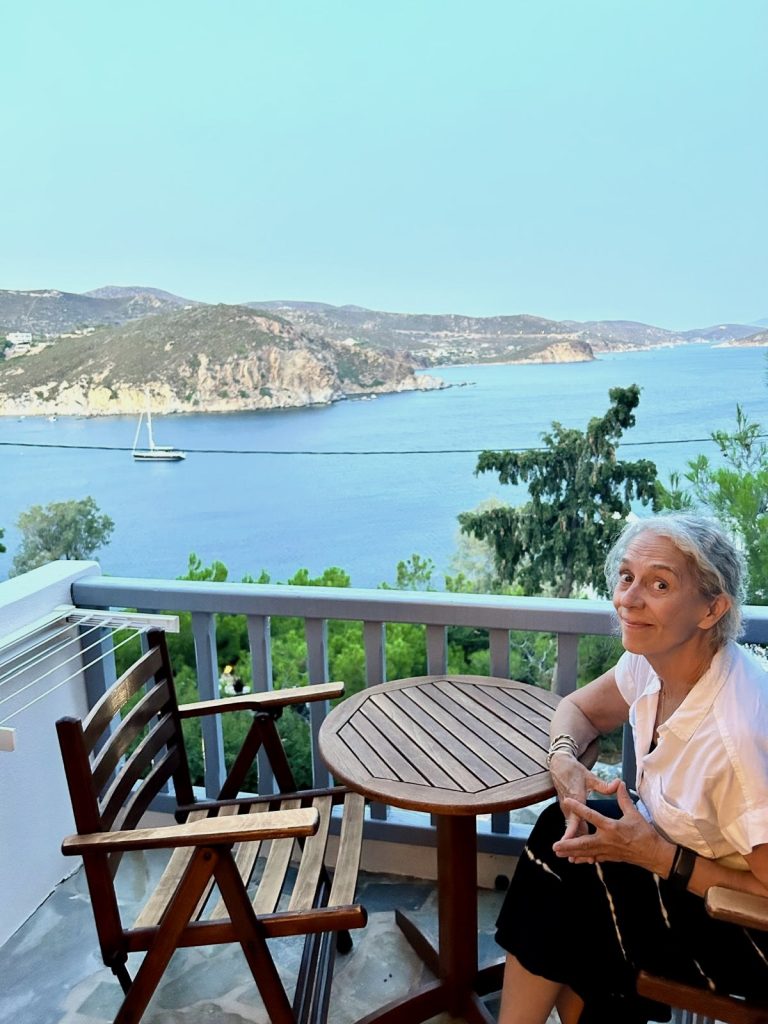
The view outside my door…
My two weeks on Patmos was one of growth, inspiration, knowledge and making new friends, who no doubt are going through similar withdrawals, while wondering how to replicate an authentic Greek salad, best served with feet in the sand and eyes towards the sea.

Patmos. As much a feeling as a physical place.
